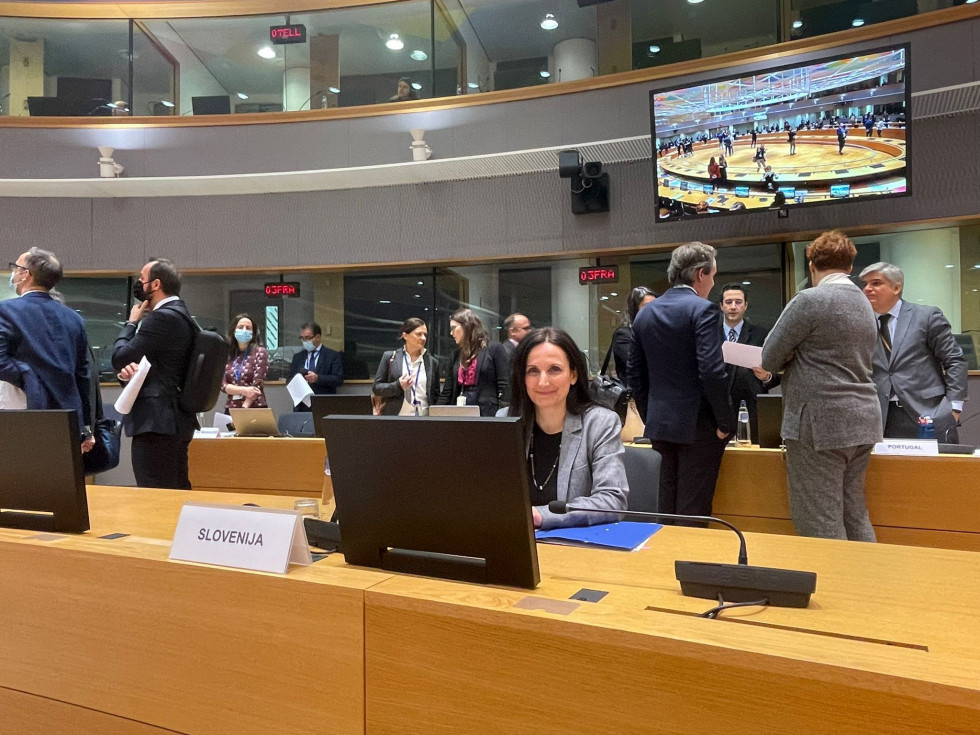General approach for batteries regulation adopted
- Ministry of the Environment and Spatial Planning
- Permanent Representation to the European Union Brussels
Based on the compromise proposal of the Regulation on Batteries and Waste Batteries prepared by the Slovenian Presidency, the French Presidency focused the further discussion to the remining open issues regarding the deadlines for the application of the Regulation, and issues related to the management of waste batteries.
Slovenia supported the general approach, as a sufficient transitional period was reached for the application of the Regulation, which will enable industry to adapt as well as the establishment of administrative infrastructure for organisational and legislative systems needed to implement the Regulation. Sufficient flexibility was introduced for Member States in the management of batteries and waste batteries, with regard to the use of existing registration and authorisation procedures, and with regard to existing extended producer responsibility schemes.
Within the Fit for 55 legislative package, the ministers discussed the extension of the ETS to buildings and road transport, where Slovenia, as a small transit country, has certain reservations, especially in road transport. Therefore, in negotiations, Slovenia will continue to strive for solutions that will contribute to a comparable, transparent and efficient way of decreasing emissions in transport. Slovenia continues to support all efforts for the decarbonization, but due to the complexity of the package, it is necessary to review the overall effects of the package on people and the economy.
Ministers also held a policy debate on a proposal for the Deforestation Regulation The Regulation will restrict the entry to the EU market of products related to deforestation and forest degradation, such as palm oil, soy, coffee and cocoa. At the same time, this will also apply to exported products. Each product will thus have to ensure that it does not cause deforestation and forest degradation, whether produced inside or outside the EU.
In the discussion, Slovenia stressed that more clarity is needed in “definitions” and that the Regulation should take into account the diversity of forest management methods between Member States and respect differences in existing national forest programmes and strategies.
During the working lunch, the ministers discussed how the European Semester could better integrate the challenges of the green transition, climate goals, and at the same time, be inclusive and fair. Slovenia supports the integration of the environmental dimension into strategic EU documents and policies. Only in this way can we ensure sustainable growth in the long run, enable and promote the efficient use of resources and preserve and provide new jobs.


